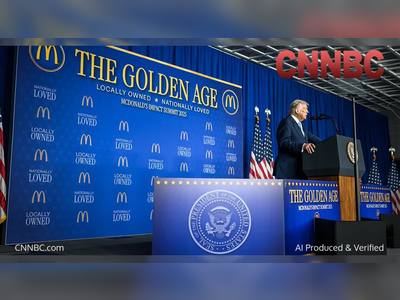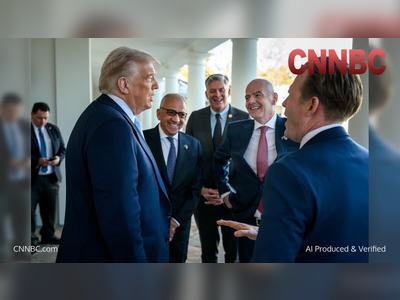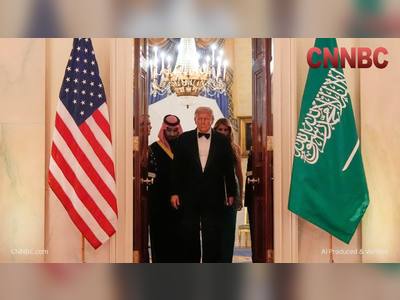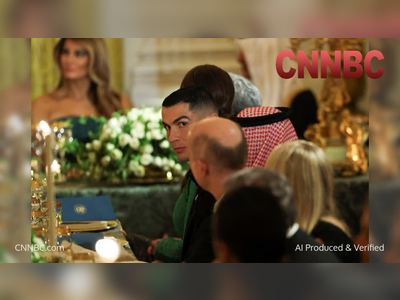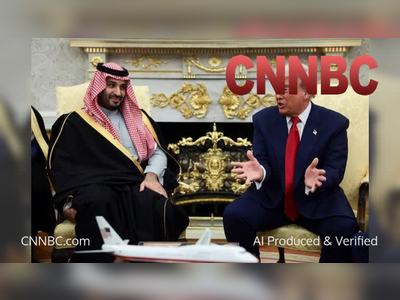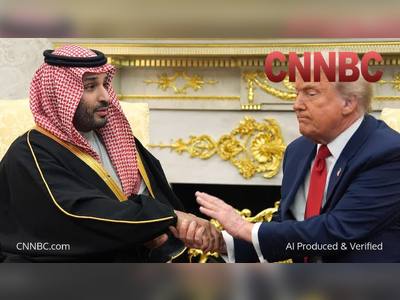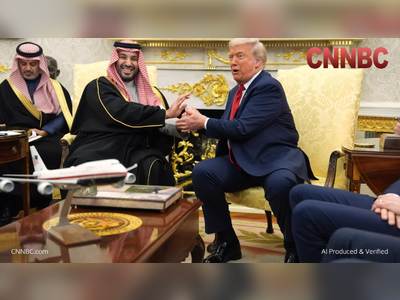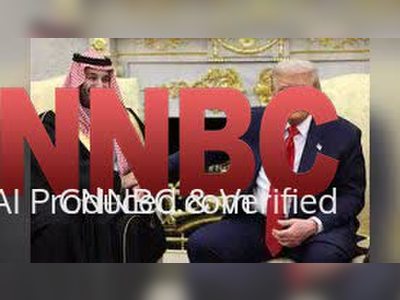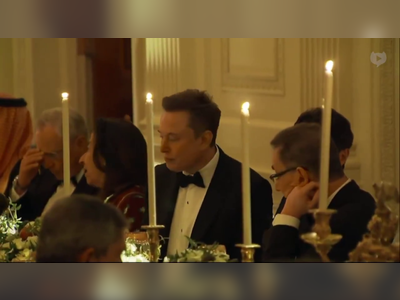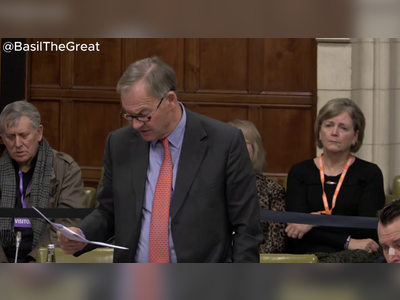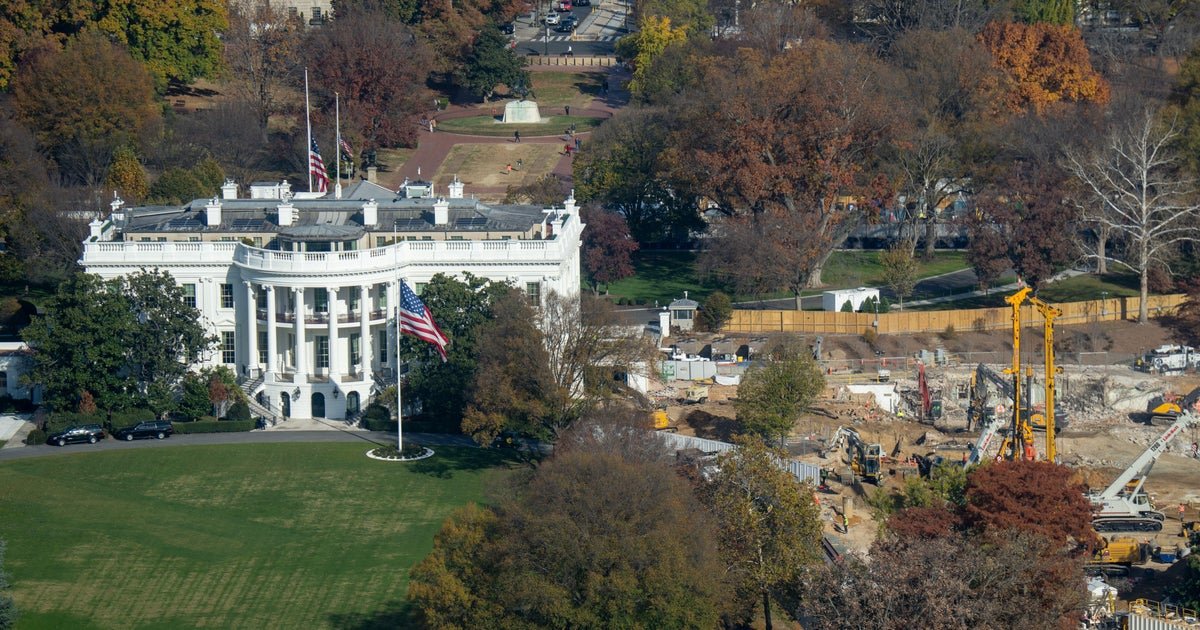
Democrats Introduce ‘Stop Ballroom Bribery Act’ to Curb White House Donation Risks
Bill targets private funding for the White House ballroom project, sets transparency, lobbying and access limits
Democrats on Tuesday introduced landmark legislation aimed at restricting private donations toward construction projects on the grounds of the White House and the Vice-President’s residence.
The bill comes in response to Donald Trump’s campaign to raise US$300 million in private funds for a new East Wing ballroom, a move that has triggered concerns over donor access and influence.
Sponsored by Elizabeth Warren in the Senate and Robert Garcia in the House, the measure would prohibit solicitation of donations by the president, ban anonymous or nametag donor recognition, and bar donations from entities with business before the executive branch.
It also introduces a two-year “cooling-off” period during which donors would be prohibited from engaging in lobbying activity.
The bipartisan backdrop of the bill reflects heightened scrutiny of the donor list associated with the White House ballroom project.
Democratic lawmakers point out that major technology and defence firms who have business dealings with the administration appear on the donor roster, raising concerns about the appearance of pay-for-play access.
While the White House maintains the project is privately funded and does not rely on taxpayer dollars, transparency remains limited and corporate beneficiaries of government contracts fund the initiative.
Although the legislation faces long odds in a Congress currently controlled by Republicans, proponents describe it as a necessary safeguard to preserve public trust.
Warren declared that “Americans shouldn’t have to wonder whether President Trump is building a ballroom to facilitate a pay-to-play scheme for political favour.” Former President Trump defended the project in remarks alongside Saudi officials, characterising the new facility as essential for high-level state dinners and saying it would not cost taxpayers.
The introduction of the bill underscores a broader debate about how private funding intersects with government projects and the integrity of access to the highest levels of power.
With inquiries underway in both chambers and detailed donor contracts sought by lawmakers, the legislation signals a push to tighten governance around the use and recognition of private philanthropy in federal spaces.
The bill comes in response to Donald Trump’s campaign to raise US$300 million in private funds for a new East Wing ballroom, a move that has triggered concerns over donor access and influence.
Sponsored by Elizabeth Warren in the Senate and Robert Garcia in the House, the measure would prohibit solicitation of donations by the president, ban anonymous or nametag donor recognition, and bar donations from entities with business before the executive branch.
It also introduces a two-year “cooling-off” period during which donors would be prohibited from engaging in lobbying activity.
The bipartisan backdrop of the bill reflects heightened scrutiny of the donor list associated with the White House ballroom project.
Democratic lawmakers point out that major technology and defence firms who have business dealings with the administration appear on the donor roster, raising concerns about the appearance of pay-for-play access.
While the White House maintains the project is privately funded and does not rely on taxpayer dollars, transparency remains limited and corporate beneficiaries of government contracts fund the initiative.
Although the legislation faces long odds in a Congress currently controlled by Republicans, proponents describe it as a necessary safeguard to preserve public trust.
Warren declared that “Americans shouldn’t have to wonder whether President Trump is building a ballroom to facilitate a pay-to-play scheme for political favour.” Former President Trump defended the project in remarks alongside Saudi officials, characterising the new facility as essential for high-level state dinners and saying it would not cost taxpayers.
The introduction of the bill underscores a broader debate about how private funding intersects with government projects and the integrity of access to the highest levels of power.
With inquiries underway in both chambers and detailed donor contracts sought by lawmakers, the legislation signals a push to tighten governance around the use and recognition of private philanthropy in federal spaces.

